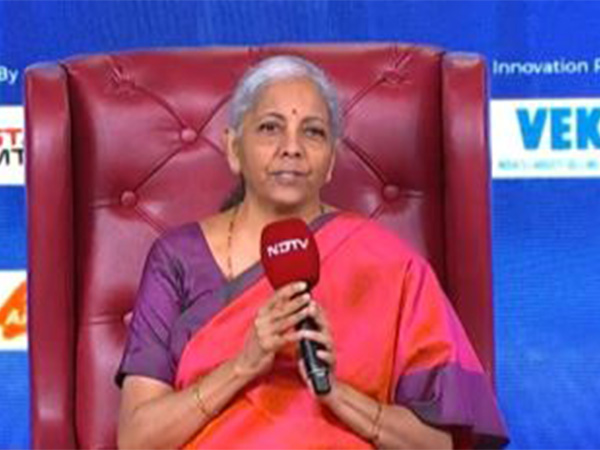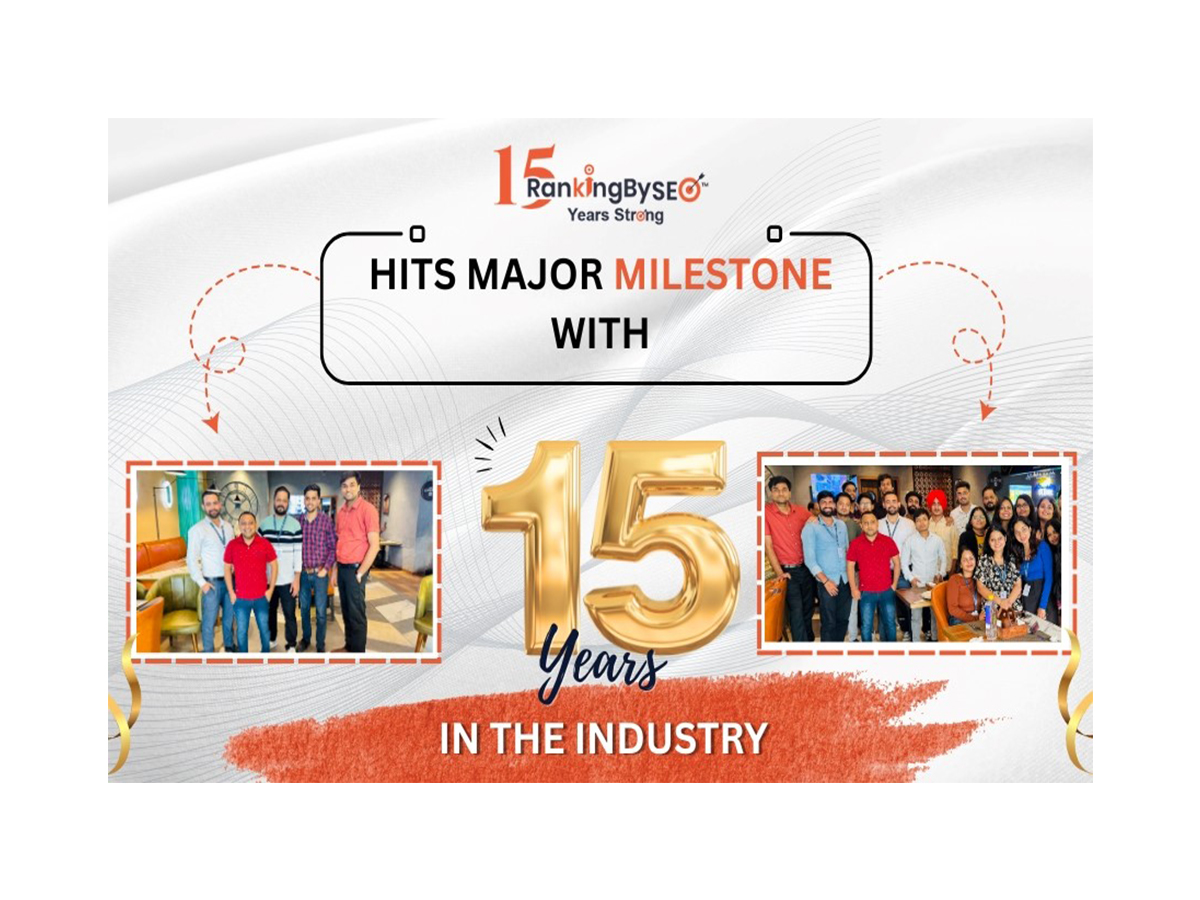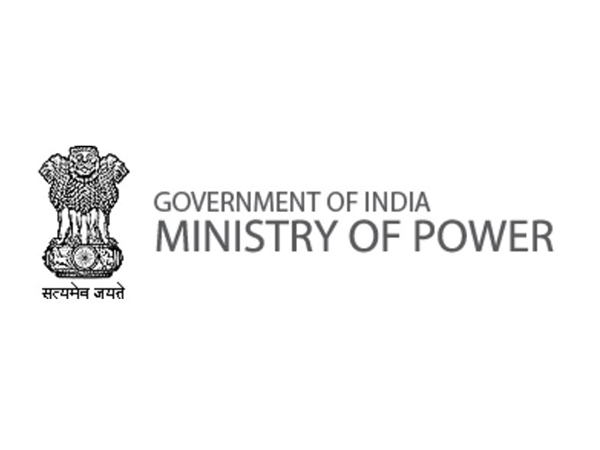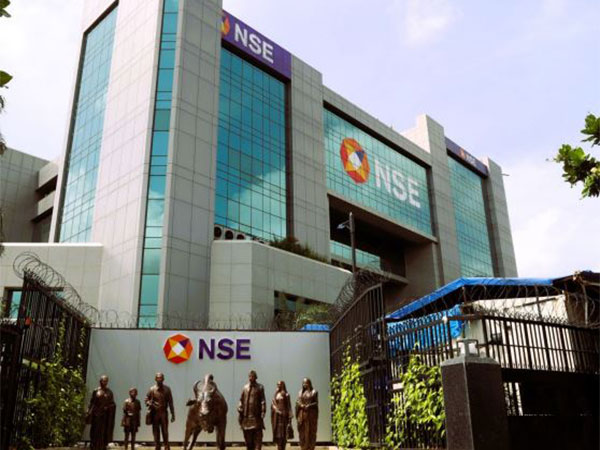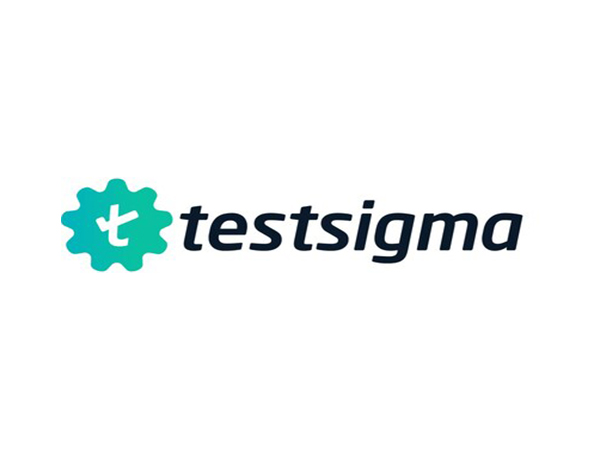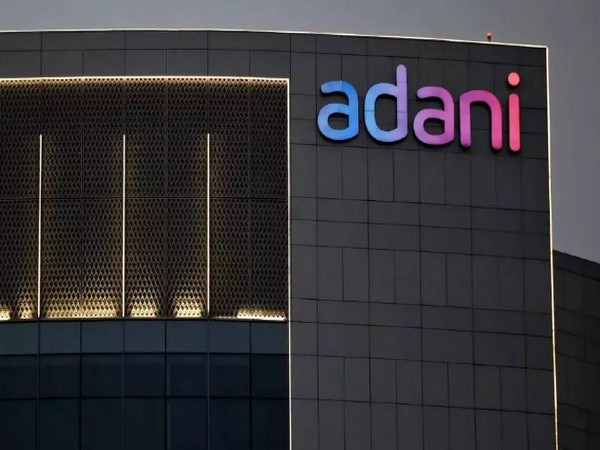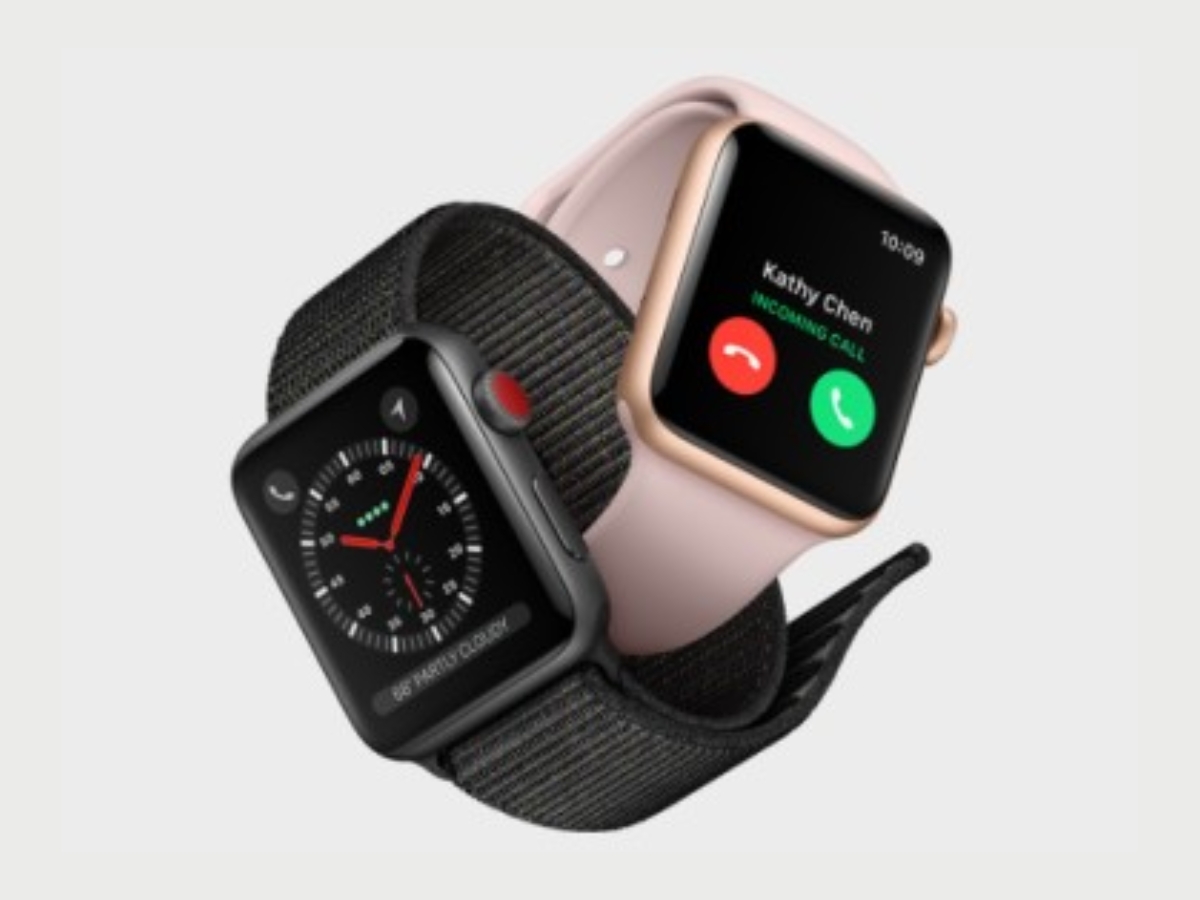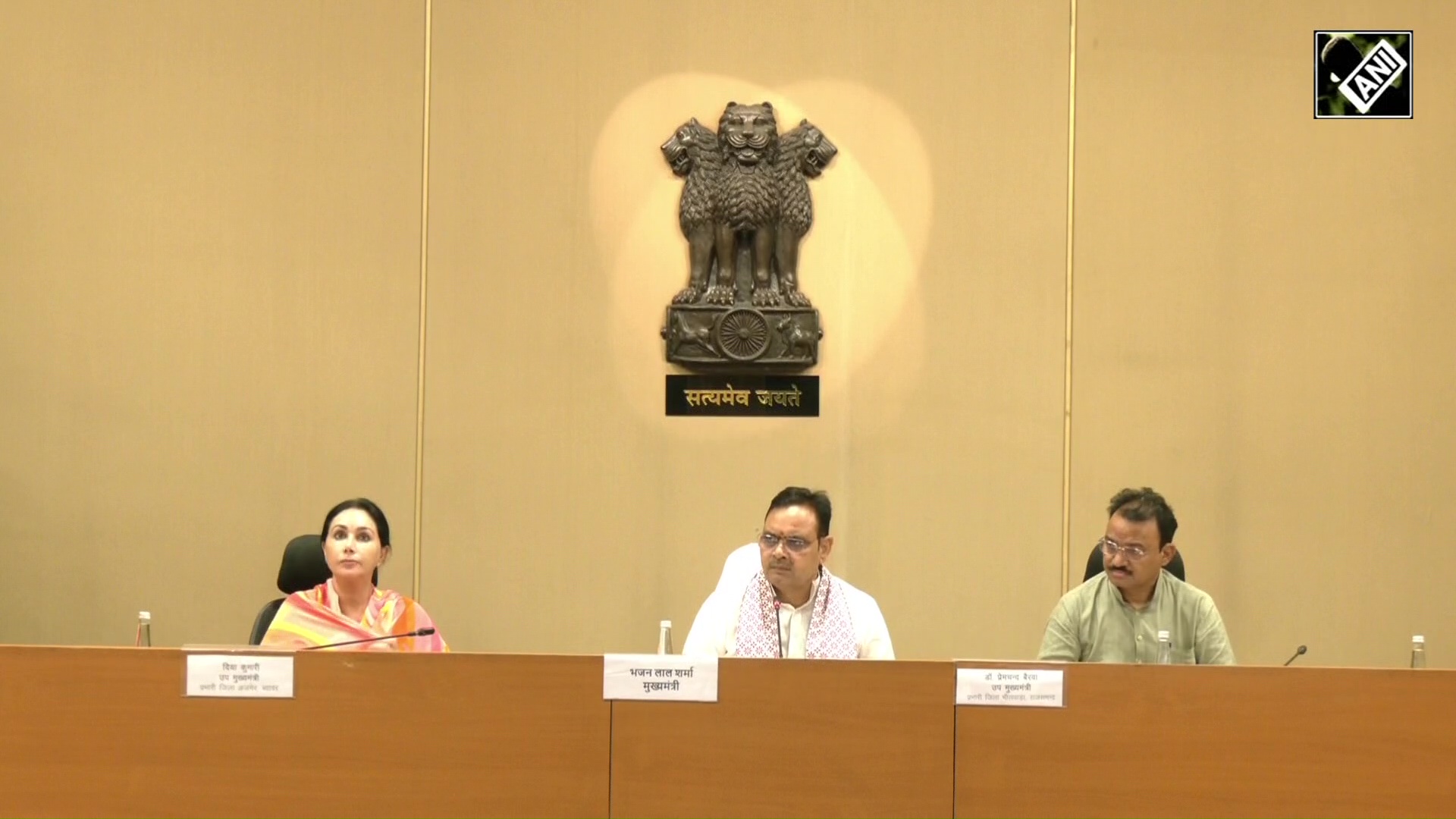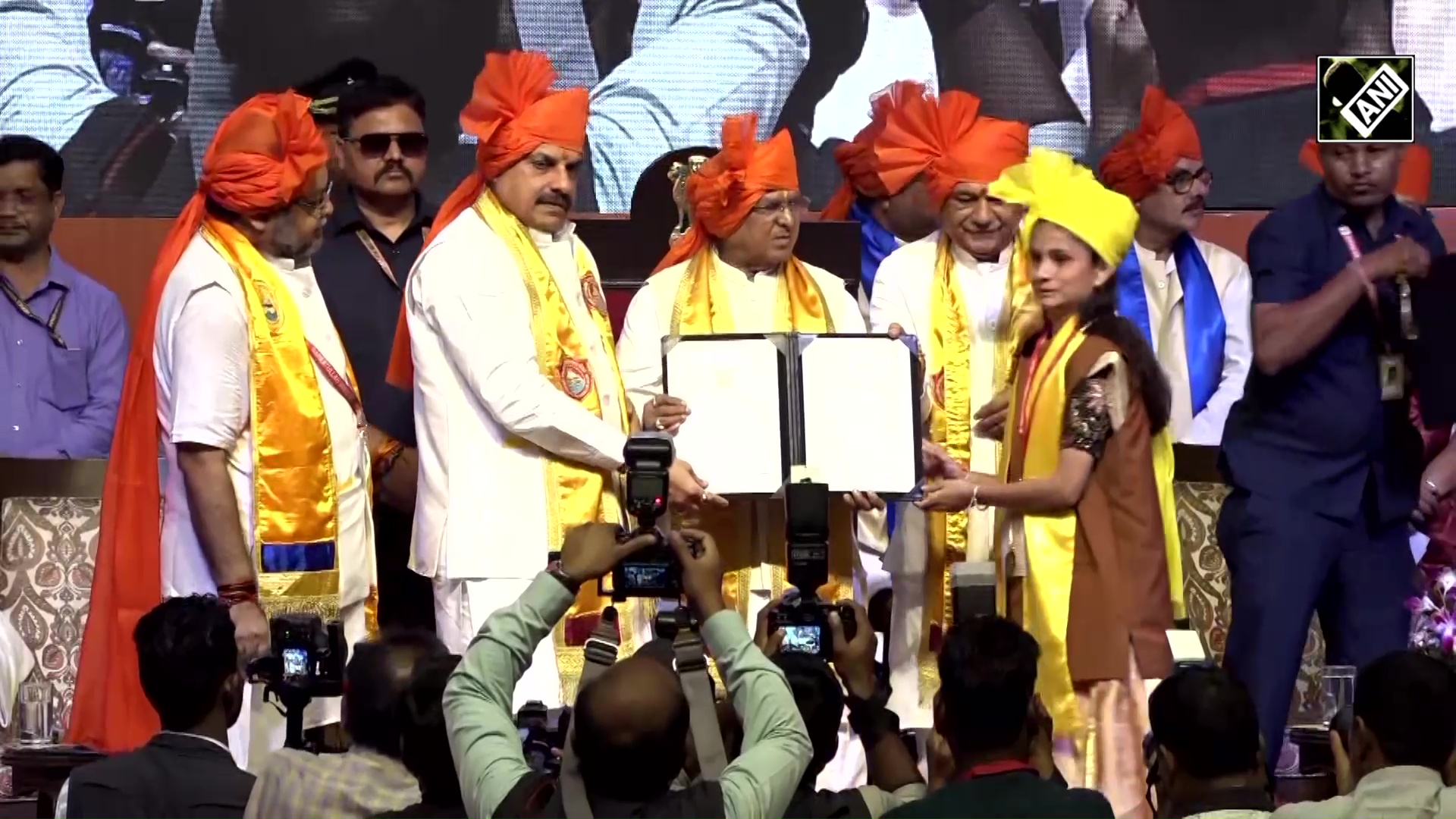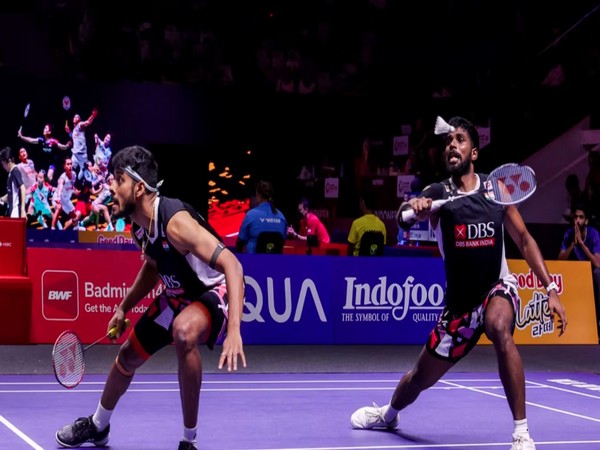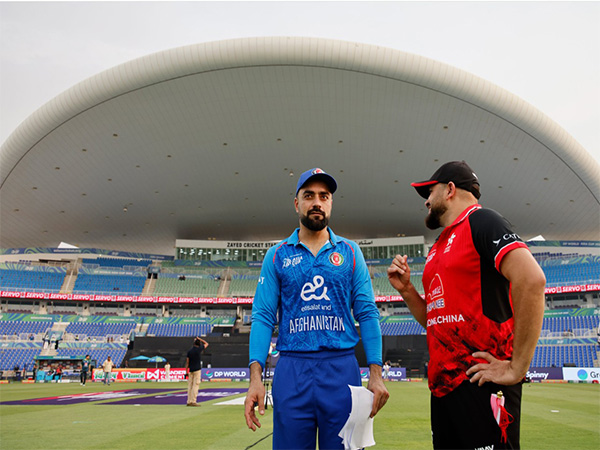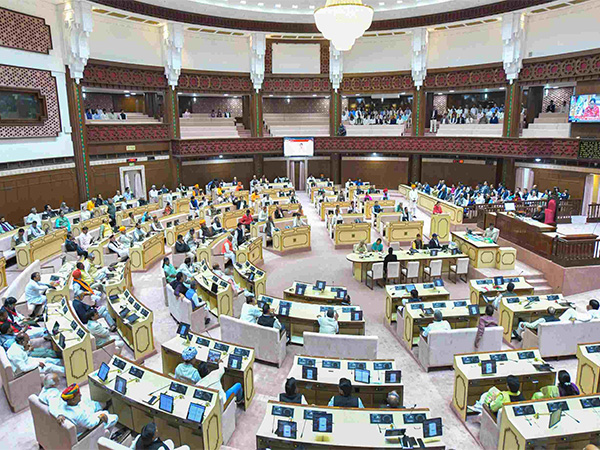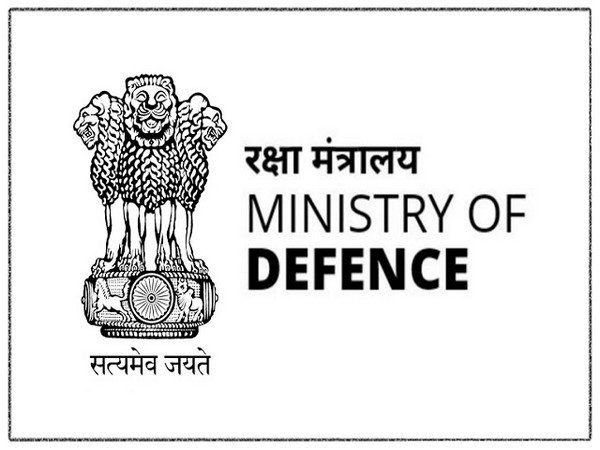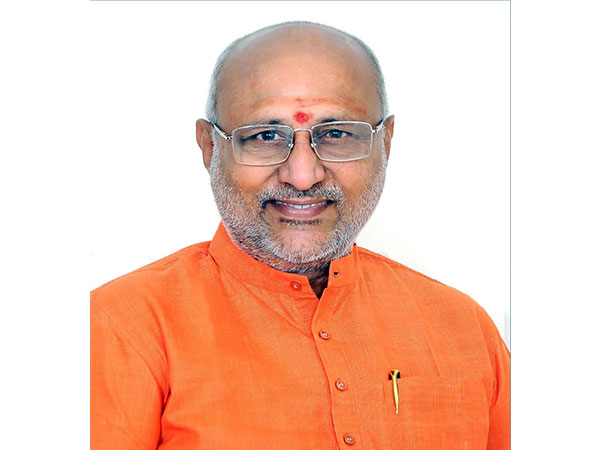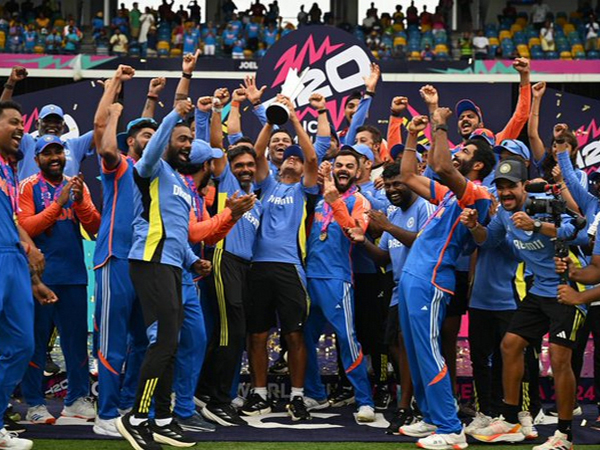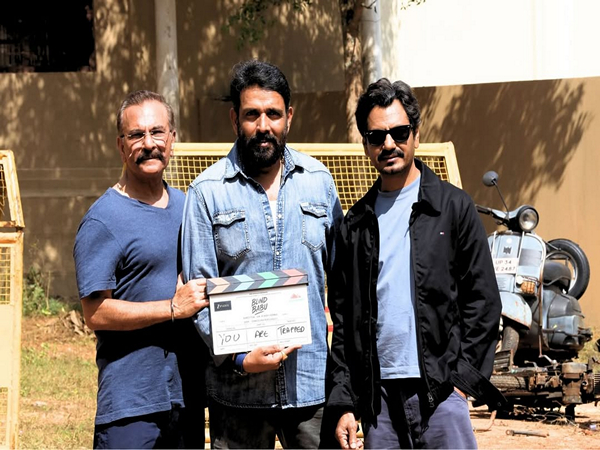
Indians lead in digital health adoption with 70% using tech tools: BCG
Sep 09, 2025
New Delhi [India], September 9 : Indians are among the fastest adopters of digital health solutions, with nearly 70 per cent using wearables, apps, and tech-based tools, and one in four already engaging with AI-powered health agents, much ahead of the rest of the world, according to a report by Boston Consulting Group (BCG).
The report noted that while only 12 per cent worldwide plan for healthy ageing, nearly 50 per cent of Indians are taking action, with 71 per cent using technology to stay active in their old age.
The survey results are based on responses from 9,350 individuals across 19 countries.
The findings place India at the forefront of global efforts to combat what BCG calls the "longevity paradox"--the gap between people's desire to live longer, healthier lives and their actual lifestyle choices.
The report reveals that Indian consumers are rapidly embracing tech-driven health solutions. From wearable trackers and fitness apps to AI-powered health agents, tech usage in India significantly outpaces the global average.
Around 25 per cent of Indian respondents already engage with AI-based health tools--putting the country among the highest adopters worldwide--and 32 per cent use wearable health trackers, placing India in the top three globally for such technology.
In addition to technological adoption, the report highlights several trends in how Indians are approaching longevity:
India leads globally in longevity prioritisation, with nearly 50 per cent of the population taking some form of action.
Young Indians are especially engaged, showing greater awareness and willingness to experiment with wellness tools than their global peers.
Natural remedies, wearables, and AI-supported tools are the most commonly adopted interventions.
Food literacy remains a concern, with about 25 per cent of Indian respondents identifying unhealthy foods as healthy, 5 to 7 percentage points higher than the global average.
Privacy concerns are relatively low among Indian consumers, making digital engagement easier; however, affordability and accessibility are still barriers, particularly for lower-income groups.
Like the global trend, Indian youth face challenges with stress, burnout, and inconsistent health habits, despite a high interest in health and wellness.
Globally, respondents reported focusing most on physical health, diet, and exercise--but often neglected mental and creative stimulation.
This imbalance, the report suggests, contributes to the perception of healthy aging as a series of burdensome tasks rather than a fulfilling lifestyle.
